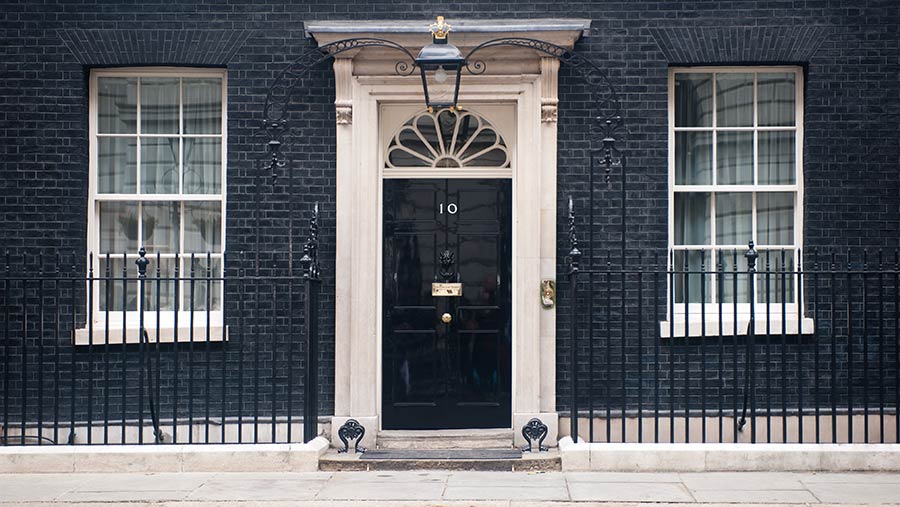No 10 food summit aims undermined by EU import check delays
 © Adobe Stock
© Adobe Stock Pledges made at prime minister Rishi Sunak’s high-profile food security summit have been undermined by a reported further delay to the introduction of checks on EU imports, NFU Scotland has said.
The controls have already been postponed four times over the past 18 months, with the overriding concern now centred on their potential effect on already rising food prices.
In June, Farmers Weekly looked into the possibility that they could be delayed once more, but at the time, multiple sources close to the government insisted the plans – which have cost the taxpayer almost half a billion so far – would go ahead.
See also: EU food producers not ready for UK import checks
NFU Scotland president Martin Kennedy joined other farm groups in warning the continued delay put UK producers, who have faced full checks on exports to the EU since 1 January 2021, at a competitive disadvantage.
He said: “The Scottish food and farming sector is yet again angered and appalled at a decision that seriously disregards the interests of our home food producers in favour of a cheap food policy that encourages asymmetric trade.
“Despite reassurances, the long-running failure of the UK government to introduce post-Brexit border controls on goods entering the UK is, according to reports, set to continue. This flies in the face of commitments made at the ‘Farm to Fork’ summit in May.”
Mr Kennedy also suggested dropping the plans left the UK vulnerable to the introduction of devastating animal and plant diseases such as African swine fever.
But Shane Brennan, chief executive of the Cold Chain Federation, which represents the temperature-controlled supply chain in the UK, told Farmers Weekly he believed a three-month postponement was the “right decision” because delays to the publication of the final rules meant there was not enough time to implement the process smoothly.
He has also previously warned EU exporters were “not ready” for the changes and that they would increase costs for consumers.
On the concerns of farm groups, he added: “We have every sympathy with them and agree that trading rules should be the same going both ways, but two wrongs don’t make a right.
“The food supply chain must work together to make the case for lower barriers and reduced friction, because that is the best outcome for all.”
A government spokesperson said: “The government remains committed to delivering the best border in the world. We are reflecting on the valuable feedback provided by a range of businesses and will publish the Border Target Operating Model shortly.”
